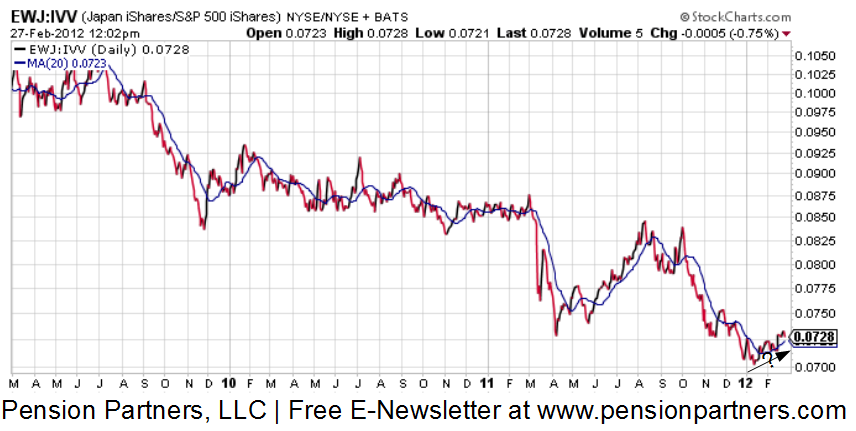 The boat that was dumped on the roof of Otsuchi's two-storey hotel has gone, and much of the rubble that littered this fishing port has been cleared. But the town lies paralysed, unable to rebuild and unwilling to abandon.
Up and down Japan's tsunami-ravaged coastline, roads have been repaired and are now busy with cars taking people back to the prefabricated units they have learned to call home in the last year.
The boat that was dumped on the roof of Otsuchi's two-storey hotel has gone, and much of the rubble that littered this fishing port has been cleared. But the town lies paralysed, unable to rebuild and unwilling to abandon.
Up and down Japan's tsunami-ravaged coastline, roads have been repaired and are now busy with cars taking people back to the prefabricated units they have learned to call home in the last year.
Devastated communities are gradually limping back to life, emerging from the ghostliness as new street lamps illuminate the night, lighting the way to clusters of small restaurants, shops and drug stores that have sprung up. In towns like Ofunato, the crumpled houses that lay strewn across the road and the battered shells of cars that littered the pavements are gone. Telegraph poles have been righted and the detritus of daily life has been cleared. (AFP)
 I've been tracking Japan intently since the Bank of Japan decided to follow in the Federal Reserve's footsteps to target inflation and wanted to bring up an important point for those who are of the opinion (as I am) that Japan's stock market may begin to outperform. First, let's go over the reasoning. A few weeks back the Bank of Japan not only expanded its asset purchases (their own form of Quantitative Easing), but also explicitly stated that they wanted to achieve 1% inflation. The policy change may be just enough to get animal spirits in Japan's markets moving again, as it could result in increased inflation expectations in the world's third largest economy. (SeekingAlpha)
I've been tracking Japan intently since the Bank of Japan decided to follow in the Federal Reserve's footsteps to target inflation and wanted to bring up an important point for those who are of the opinion (as I am) that Japan's stock market may begin to outperform. First, let's go over the reasoning. A few weeks back the Bank of Japan not only expanded its asset purchases (their own form of Quantitative Easing), but also explicitly stated that they wanted to achieve 1% inflation. The policy change may be just enough to get animal spirits in Japan's markets moving again, as it could result in increased inflation expectations in the world's third largest economy. (SeekingAlpha)
 Abubakar Awudu Suraj spent 20 months in an Immigration Bureau detention center before being manhandled onto a jetliner at Narita airport for deportation back to Ghana in March 2010.
He died in handcuffs on the plane. Immigration authorities allegedly used "excessive force" to restrain him.
Abubakar Awudu Suraj spent 20 months in an Immigration Bureau detention center before being manhandled onto a jetliner at Narita airport for deportation back to Ghana in March 2010.
He died in handcuffs on the plane. Immigration authorities allegedly used "excessive force" to restrain him.








